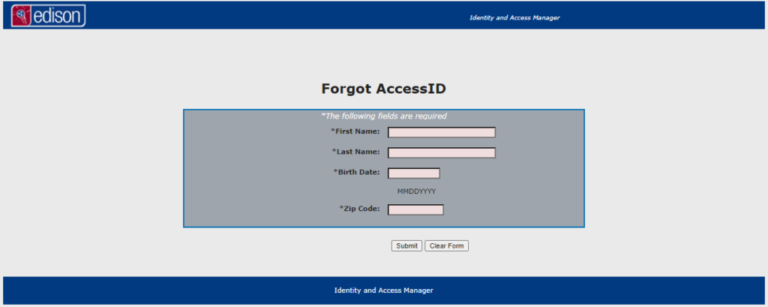Hosted PBX Providers: What is the Difference Between SIP and VoIP?
If you’re seeking a new hosted PBX provider, then you’re probably aware that there are several different options. Of course, not all options are available for every type of business, which is why it’s important that you choose the one that works for your particular business. Two main types of PBX providers are SIP and VoIP, and here is an overview of the differences between the two, so you can better decide which one might work best for your business.
What is a PBX Provider?
PBX stands for Private Branch Exchange and is a specialized process that is involved in the dispatching and controlling phone calls that businesses make and receive. In the past, PBX providers experienced challenges with providing proper services while keeping costs as cheap as possible. However, many of the limitations that earlier PBX providers faced no longer exist, as PBX services are now provided via the cloud, which is significantly more reliable, assessable, and efficient.
What is SIP?
SIP, or session initiation protocol, is an advanced phone service that businesses use. SIP enables businesses to communicate with other businesses and clients by using their cell phones and other devices through the internet. This significantly reduces the cost of communicating with others around the world, with no laws or limitations to contend with.
There are both pros and cons of SIP, and here is a list of both:
Pros:
- The ability to communicate with anyone, regardless of their location in the world, in a simple, fast and efficient manner
- There is an immense amount of flexibility, as SIP incorporates a wide array of different telephone systems
- It’s easy to integrate other software with the SIP, for convenience and ease
- Easy to navigate and manage, from any location
- Depending on the provider chosen, you can take advantage of no-obligation introductory services
- Savings in overall communication costs
Cons:
- The management of text messages via SIP places a higher burden on gateways. It’s necessary for the router to translate that text into a language that the router is familiar with, and code for this must be in Cisco IOS.
- SIP is still a relatively new protocol, which means that more people are familiar with the original protocols. It’s important that people who use SIP are trained in all aspects of it, so they can maximize their experiences.
- SIP features continue to be improved and tweaked on an ongoing basis, which might make using it confusing for many businesses.
- If your internet service provider is unable to maintain your access to the internet due to any problem, then you will be unable to communicate via SIP during downtimes.
What is VoIP?
VoIP, which stands for virtual over internet protocol, is a process that entails the use of the internet in order to make phone calls to others throughout the world. With VoIP, your IP address is also your internet protocol address, should you decide to utilize VoIP services.
Like SIP, there are pros and cons to VoIP services, and many businesses confuse these two internet phone services, but there are distinct differences. Here is an overview of the pros and cons:
Pros:
- Drastically lowers phone bills
- Very flexible and can be used with any device
- Allows multiple devices to be connected simultaneously
- Communication is efficient and dependable
- Your phone number and ability to communicate with others is mobile and can take place at any location
Cons:
- The VoIP service is only as dependable as the system is
- There could be issues with security, since the internet is used to make calls
- Slow internet connections could affect the quality of service
- Since IP addresses are used for VoIP services, there is no way to call 911 from the internet-based phone
- Unlike cellular phones that can be used regardless of power as long as they’re charged, VoIP service will not operate without power
VoIP vs SIP
As you already know, both VoIP and SIP provide your company with the ability to communicate by using the internet in a mobile and efficient manner. However, VoIP only has the ability to provide voice calls and messages, while SIP takes communication to the next level. With SIP, you will be provided with the ability to make voice calls and send voice messages, in addition to multimedia messages.
Another distinct difference between VoIP and SIP is the fact that SIP only requires a modem, and it can enable businesses to utilize the offered services regardless of the device that is used to access it. On the other hand, VoIP only works with a computer.
Which is Superior? SIP or VoIP?
Since SIP and VoIP are two different types of communication services, it’s difficult to say which one is superior. If your business only needs telephone services and won’t be sending multimedia messages, then VoIP will likely meet your needs, and at a lower cost. However, if you need communication services that enable you to communicate in multiple ways and you don’t always have access to a computer, then SIP might better meet your needs. Before choosing one or the other when it comes to these services, be sure that you locate a reputable host who can provide you with the exact services that will help you take servicing your customers to the next level.




